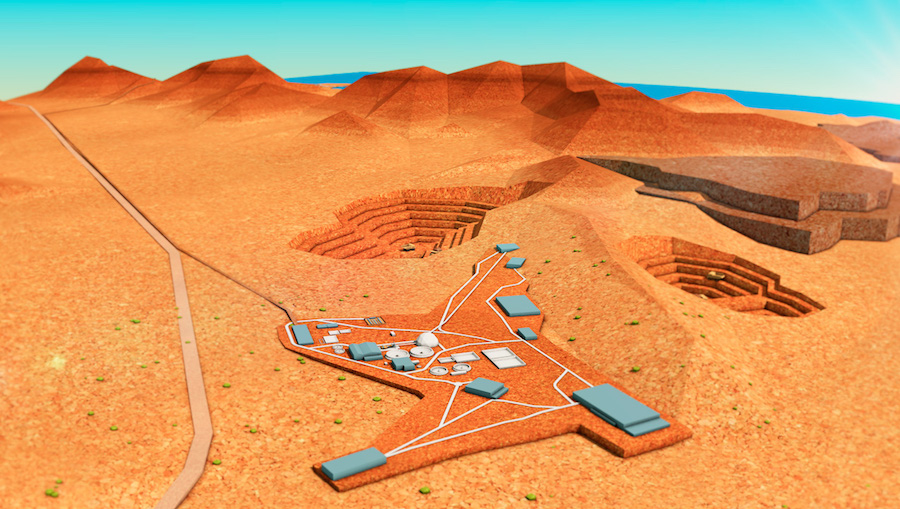Chile tribunal breathes new life into controversial Dominga copper-iron project

A Chilean environmental tribunal has breathed new life into Andes Iron’s controversial $2.5 billion Dominga copper and iron mining project, tossing out an earlier decision by a regulator that had denied the company key permits.
Judges with the Antofagasta Environmental Tribunal voted unanimously to require the regional environmental assessment commission to vote again on the project’s impact study.
The Supreme Court had in 2019 asked the northern Chilean tribunal to take another look.
“The information provided by the company in the environmental evaluation process is complete, according to the standards existing at the time of its evaluation,” the tribunal said in its decision. “Although there are points that the company must complement, this can be carried out within the framework of the evaluation process.”
Andes Iron said in a statement that it was hoping to start construction in the second half of the year, providing it met with the court’s stipulations.
“We reiterate our commitment that the water that will be used in Dominga’s production processes will come 100% from the sea and that we will share the water we desalinate with the inhabitants of La Higuera,” it added.
The proposed project, if eventually approved, would mark a rare win for a major new project in Chile, the world’s top copper producer, and provide a fresh prospect for Chile’s cohort of sprawling, but aging, mines.
The copper concentrate and iron mining project would be located about 500 km (310 miles) north of the capital Santiago, and near ecological reserves. Critics say its proximity to environmentally sensitive areas would cause undue damage. Andes Iron, a privately held Chilean company, rejects that.
The years-long evaluation of and legal battle over Dominga has drawn criticism from the business community and conservative politicians, who say politics have played an oversized role in the process.
Dominga has become a symbol of the difficulties some major projects have had with permitting in recent years in mining powerhouse Chile.
(By Dave Sherwood; Editing by Alistair Bell and Diane Craft)
{{ commodity.name }}
{{ post.title }}
{{ post.date }}




Comments